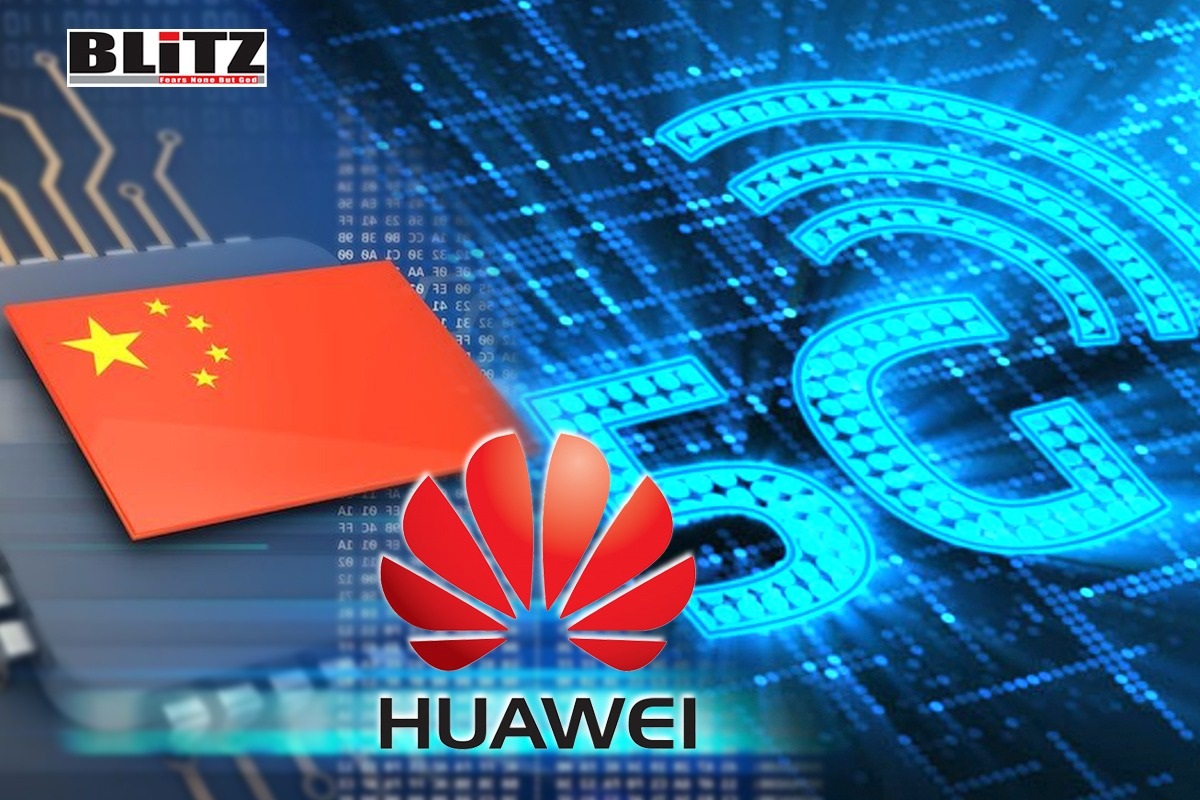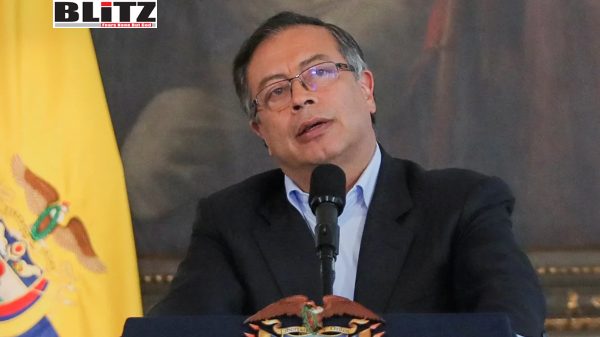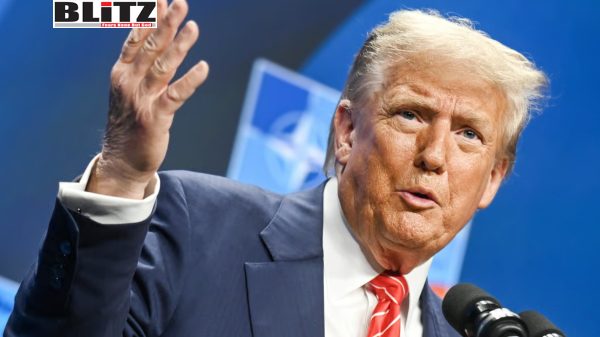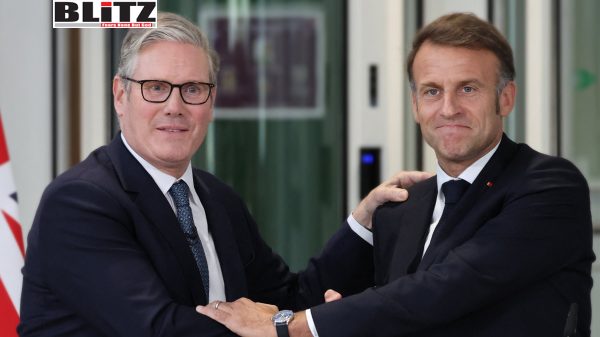China’s technological advancement and Huawei’s role in leading the 5G revolution
- Update Time : Thursday, August 1, 2024

In the past decade, China has emerged as a global technological powerhouse, with Huawei at the forefront of its advancements, particularly in the realm of 5G technology. This progression has not only transformed China’s domestic capabilities but has also positioned it as a pivotal player in the global technology market. Huawei’s leadership in 5G development epitomizes China’s broader strategic ambitions to lead in high-tech industries, challenging the established dominance of Western technology giants.
China’s journey to becoming a tech leader has been marked by substantial investments in research and development, supportive government policies, and a burgeoning pool of tech-savvy talent. The government’s “Made in China 2025” initiative has played a crucial role in this transformation, focusing on enhancing innovation and reducing dependency on foreign technology. This policy has fueled growth in various sectors, including robotics, artificial intelligence (AI), and telecommunications.
At the heart of China’s tech surge is its commitment to advancing its information and communication technology (ICT) infrastructure. With the world’s largest internet user base and a rapidly expanding digital economy, China has prioritized the development of cutting-edge technologies such as 5G to support its long-term economic goals.
Founded in 1987, Huawei has grown from a modest telecommunications company into a global giant, leading the charge in 5G technology. Huawei’s rise can be attributed to its significant investments in R&D, which account for a substantial portion of its revenue. By 2021, Huawei had invested over US$15 billion annually in R&D, with a focus on innovation in 5G networks.
Huawei’s leadership in 5G is underscored by its comprehensive portfolio of 5G technologies, including base stations, antennas, and chips. The company’s pioneering efforts have resulted in the development of advanced 5G solutions that offer superior bandwidth, low latency, and high reliability, making it an attractive choice for countries looking to upgrade their telecommunications infrastructure.
Huawei’s advancements in 5G technology have had a significant impact on the global stage. As of 2022, Huawei had secured numerous contracts to build 5G networks across Europe, Asia, Africa, and Latin America. These deployments have enabled many countries to leapfrog into the next generation of wireless technology, driving economic growth and fostering innovation.
One of Huawei’s key strategies has been to offer cost-effective and technologically superior solutions compared to its competitors. This approach has been particularly appealing to developing countries, where budget constraints and the need for rapid technological upgrades are critical considerations. Huawei’s ability to provide turnkey solutions, including infrastructure, training, and maintenance, has further solidified its position as a preferred partner for 5G deployments worldwide.
Despite its successes, Huawei’s ascent has not been without controversy. The company has faced intense scrutiny and resistance from Western countries, primarily led by the United States, which has raised concerns about national security risks associated with using Huawei’s equipment. Critics argue that Huawei’s close ties to the Chinese government could potentially allow for espionage and the manipulation of critical infrastructure.
These concerns have led to bans and restrictions on Huawei’s involvement in 5G networks in several countries, including the US, Australia, and Japan. The US has also exerted pressure on its allies to exclude Huawei from their 5G rollouts, leading to a geopolitical tug-of-war over the control of next-generation telecommunications infrastructure.
In response to these challenges, Huawei has adopted a multifaceted strategy to mitigate the impact of geopolitical tensions. The company has ramped up its efforts to develop alternative supply chains and reduce its reliance on foreign technologies, particularly US semiconductors. Huawei has also intensified its focus on the domestic market and other regions less influenced by US policies, such as Africa and the Middle East.
Furthermore, Huawei has sought to enhance transparency and build trust by inviting independent audits and inspections of its equipment and processes. The company has consistently denied allegations of wrongdoing and has emphasized its commitment to cybersecurity and data privacy.
Looking ahead, Huawei’s role in the global 5G landscape is likely to remain significant, despite ongoing geopolitical challenges. The company’s continuous innovation and strategic adaptability will be crucial in maintaining its competitive edge. As countries worldwide continue to recognize the transformative potential of 5G, Huawei’s contributions to this technological revolution will be instrumental in shaping the future of global connectivity.
Moreover, Huawei’s advancements in 5G are expected to pave the way for further innovations in related fields, such as the Internet of Things (IoT), autonomous vehicles, and smart cities. The integration of 5G with AI and cloud computing will unlock new possibilities for industries ranging from healthcare to manufacturing, driving the next wave of digital transformation.
China’s technological ascent, spearheaded by Huawei’s leadership in 5G technology, represents a paradigm shift in the global tech landscape. Huawei’s innovations have not only propelled China to the forefront of the 5G revolution but have also provided many countries with the means to enhance their digital infrastructure. As the world navigates the complexities of this new technological era, Huawei’s role as a leading 5G provider will continue to be a pivotal factor in the ongoing evolution of global communications.
















